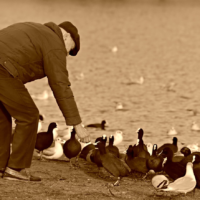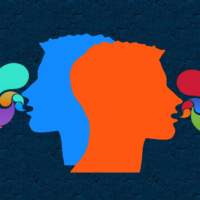
Ethic dilemmas in Dementia: the bad news (2)
It is common knowledge that almost everyone wants to know as soon as possible that his or her partner has died. That you leave the transmission of that bad news to close relatives, is a token of respect for how relatives (want to) experience death with each other. Moreover, mourning and burial are strongly culturally and religiously determined, something that you as an outsider are not always aware of. Read More …









